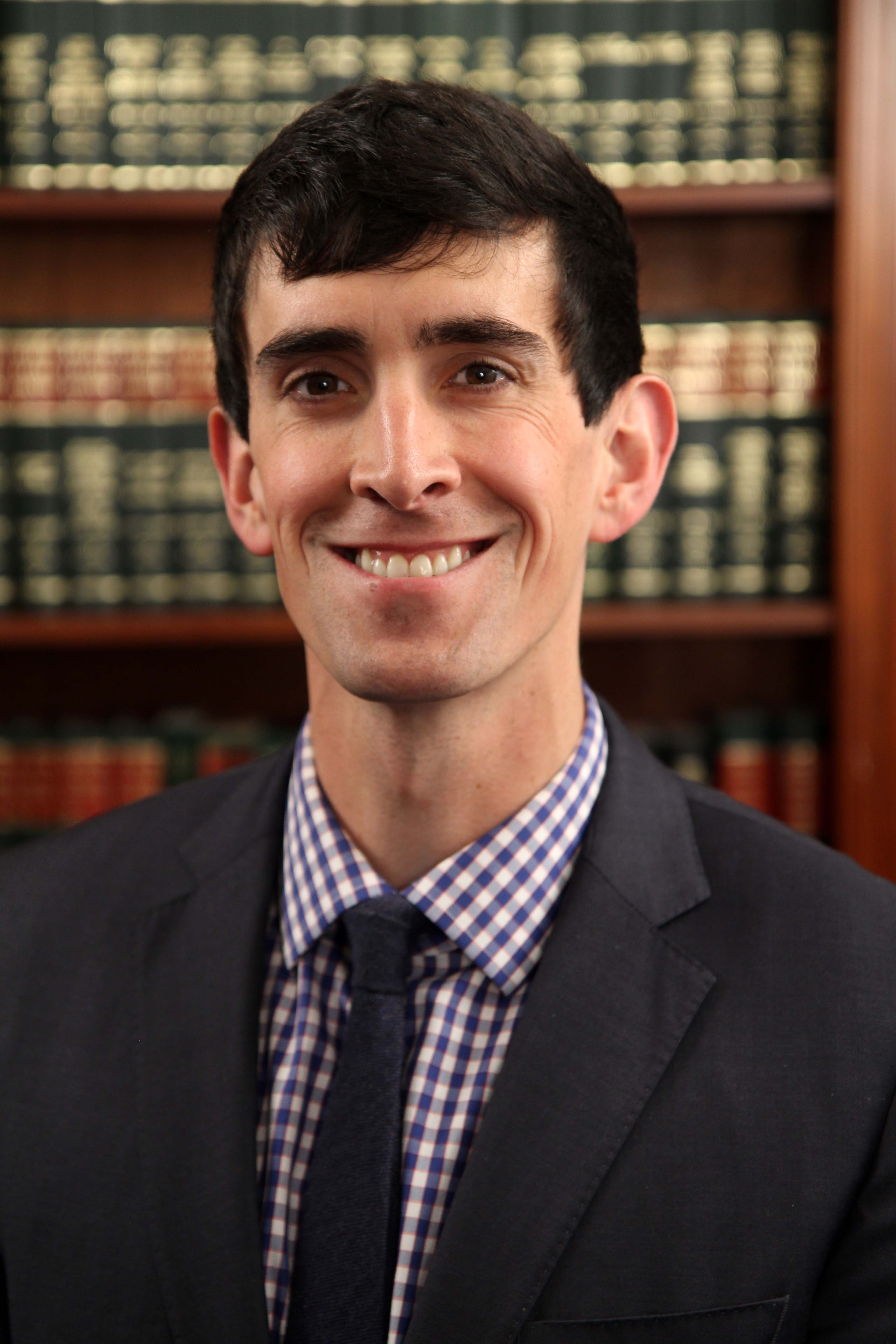Walking into the Freedom House Recovery Center in Chapel Hill on a mild evening earlier this year, I felt a sense of relief and joy that was quickly countered by a foreboding sense of concern. I was there to witness a client graduate from the Orange Country Drug Treatment Program.
The relief and joy I felt was for both my client and her family, who suffered through the experience of seeing a loved one battle with addiction. Drug Treatment Court, also referred to as “Recovery Court” in Orange County, prompted my client to remain sober and stay out of trouble by providing her access to services she had not previously received over the 20 years she was addicted to opioids.
The complexities of navigating the judicial system and Drug Treatment Court, while struggling with addiction can feel to some like a sink-or-swim proposition… posed when you’re already under water with your feet tied to a 100-pound boulder and you never took swim lessons in the first place. In their effort to support people on their path to sobriety, Orange County Drug Treatment Court partners with Freedom House, UNC ASAP and UNC Horizons.
It was with the latter organization that something, somewhere inside – clicked – for my client. Sobriety became attainable. Finding a job became feasible. And the cherished opportunity to be a parent, present to watch her child grow, was secured. It was in that moment during the graduation – when my client picked up her son in a warm, celebratory embrace – that I had a concerning realization: this life-altering opportunity is not available to all of our fellow North Carolinians who are also struggling with addiction.
In 2011, the State stopped funding Drug Treatment Courts. Those that are still operating turned to their local counties and municipalities. Today, of the 100 counties that make up North Carolina, only 22 have Drug Treatment Courts.
The prioritization and survival of Drug Treatment Courts requires a shared and true community-wide commitment to recovery.
In Orange County, the Board of Commissioners prioritized secondary treatment courts, including the Drug Treatment Court. The County provides funding to employ a Drug Treatment Coordinator in its Criminal Justice Resource Department and the local ABC Board provides a grant for operating costs including drug testing supplies, lab fees, training, and participant incentives. No other funding is provided.
The Drug Treatment Coordinator works with additional team members that create the Drug Court Team. These team members come from other agencies and employers, ranging from the Department of Social Services, outside treatment providers, and our local prosecutorial and public defender’s offices. This team engages in the truly difficult work of helping individuals in their recovery process, as opposed to simply placing them in a jail-cell.
The community commitment to recovery can be seen in the efforts of our local law enforcement, as well. According to Orange County Sheriff Charles Blackwood, “we cannot jail mental health and substance misuse, we must recognize it as a health issue and not a criminal issue.” Rather, “we must be able to get individuals with mental health and substance misuse issues the services they deserve and stop trying to punish them criminally.” For many of my clients and those involved with the Orange County Drug Treatment Court, substance abuse and mental health instability are wed together.
Drug Treatment Courts provide a base for participants to find strength, structure, and security, and for many – it may be their only option. Orange County has invested time, resources and mental equity in their Drug Treatment Court because they believe that each citizen is as important as the next. They recognize that substance abuse reaches far and affects countless families. And they know that our community must courageously invest in the recovery process. Together.
Orange County should serve as an example for the other 78 counties in North Carolina that do not have Drug Treatment Courts.
In the time since my client’s graduation, she has continued the fight for sobriety. She has found employment. She has found peace. She has been able to enjoy seeing her child each and every morning with a smile only a mother is given. The Orange County Drug Treatment Court and its amazing team members gave my client the opportunity to succeed.
Who will be next?
Do you have a commentary or letter that you would like to submit? Email us at chapelboro@gmail.com!

Hathaway Pendergrass, a native of Carrboro, works at Epting and Hackney law firm in Chapel Hill. He joined the firm in September, 2012, and focuses his practice on civil litigation and criminal law. He is a proud graduate of Chapel Hill High School. After high school, he entered UNC-CH, and graduated in 2006 with a BS in Business Administration from the Kenan-Flagler Business program. He entered North Carolina Central School of Law in 2009 where he served as Editor-in-Chief of the North Carolina Central Law Review and graduated Summa Cum Laude in 2012. Hathaway is a Board Member and former President of the Orange County Rape Crisis Center Board of Directors, Chair of Justice Initiatives – Orange/Chatham Branch, President of the 15B Judicial District Bar, a Board Member of the Orange County Bar, a Teen Court Judge with Volunteers for Youth in Orange County, and volunteers as the attorney for EmPOWERment, Inc. He previously served on the Carrboro Planning board, volunteered as the attorney for the Carrboro Farmers’ Market, and served as a volunteer in the 15B Judicial District Guardian Ad Litem program. Hathaway lives in Hillsborough, with his wife Kate LaVange Pendergrass, who teaches mathematics at Carolina Friends School, their daughter Eliza, and their dog Desmond.


